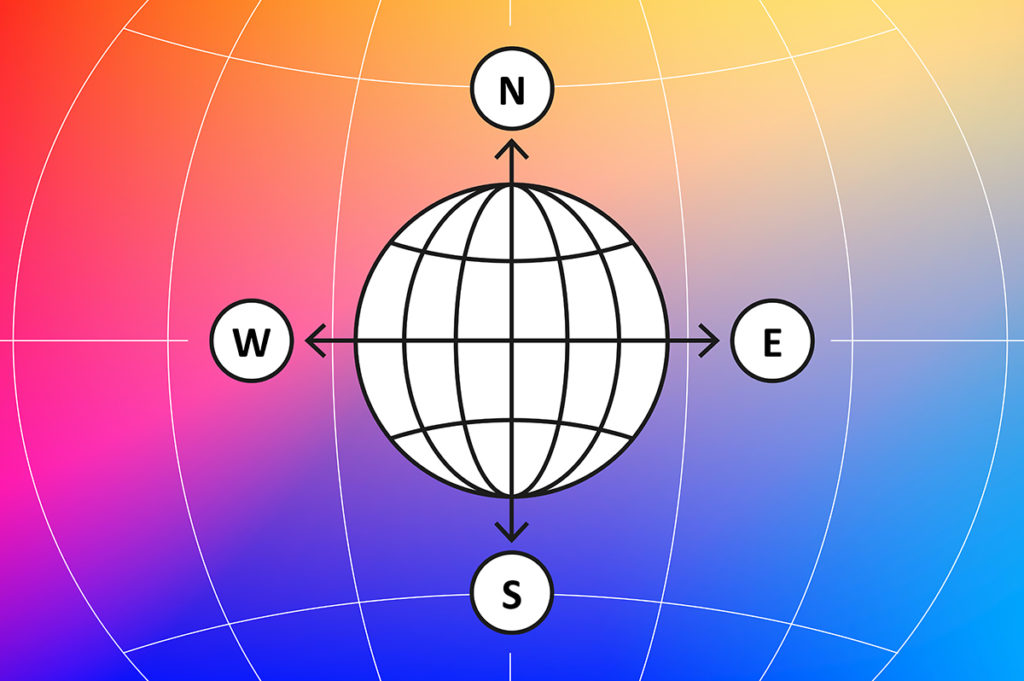The Five Elements of Ayurveda (also known as Panchmahabhuta), the sister science of yoga and one of the oldest medical systems still in practice today, are prithvi (earth), jal (water), agni (fire), vayu (air), and akasha (ether or space).
Forming the foundation of Ayurveda, these elements represent both the physical and energetic qualities of the world and the human body within it, and help us to understand physiology, pathology and pharmacokinetics.
They are in constant movement, ebbing and flowing through the world and through ourselves, influencing our emotional, mental and physical wellbeing.
For many millennia, ancient practices and eastern philosophies have relied on the universal theory of creation resulting from the building blocks that are the Five Elements.
Our mind-body types are made up of a combination of these elements though external and environmental factors such as diet, stress and seasonal changes can influence imbalances on a daily basis.
The more we get to know and understand our mind-body types, the more prepared we can be to make changes in order to introduce more balance and harmony into our lives.

Earth (Prithvu)
Making up the solid matter of the universe, the Earth element is the most dense of the Five Elements, being cool, heavy, rough and stable. It represents structures within the body such as bones, flesh and skin. When out of balance, the Earth element may result in issues with these structures along with exhaustion, weakness and lack of appetite and flexibility.
Chakra: Root
Traits: Calm, grounded, reliable, safe
Balance: Safe, stable, grounded, calm, comfortable with self, support
Imbalance: Disorganized, anxious, restless, sluggish, fearful

Water (Jal)
The Water element helps us find connection to our emotions and feelings due to its cleansing, nourishing, soothing and sustaining ability. Imbalances of this element can shift fluids within our body along with its quality, including blood, digestive, joint and reproductive fluids, and saliva. Susceptibility to addition, lack of creativity and repressing emotions may also results from the Water element being out of balance.
Chakra: Sacral
Traits: Creative, flexible, fun
Balance: Nurturing of self and others, adaptable, pleasant, connectedness with feelings, creative
Imbalance: Rigid, lacking social skills, resistant to change, lacking desire and drive, suppressed emotions, fatigue

Fire (Agni)
The Fire element provides energy for the body, representing digestion, heat, light, metabolism and transformation. Our inner flames are susceptible to being stoked and fueled, we may experience a renewed sense of independence and motivation. When in balance, this element can connect emotions related to power such as confidence, discipline, inner strength and being open to change. When out of balance, energy levels may falter with accompanying experiences of anger and irritability, potentially with additional inflammation and digestive issues.
Chakra: Solar Plexus
Traits: Confident, disciplined, motivated
Balance: Confident, strong willpower, warm personality, disciplined, motivated, sense of purpose
Imbalance: Lacking discipline, low self-esteem, low energy, passive, dominating, aggressive, irritable

Air (Vayu)
Representing all forms of motion such as breath, blood circulation and internal thoughts, the Air element, when in balance, imbues a sense of buoyancy and light. During times of imbalance, anxiety and indecisiveness may arise, contributing to a lack of being present and relationship conflicts, while additionally potentially affecting immune systems and hormones.
Chakra: Heart
Traits: Compassionate, intellectual, lighthearted, loving
Balance: Joy, forgiveness, contentment, love, peaceful, accepting
Imbalance: Critical, intolerant, lacking empathy, lonely, anxious, narcissistic, possessive

Ether or space (Akasha)
The Ether or Space element, as conveyed by its name, focuses on openness and space. A subtle yet powerful element, it influences spaces in our body and the cells within it. During times of balance, open channels of communication, truthfulness and expression may flow effortlessly. Conversely, energy blockages can result from imbalances and a tendency to feel claustrophobic, closed off or isolated may be experienced.
Chakra: Throat
Traits: Open-minded, spacious, universal consciousness
Balance: Creative, truthful, good communicator, listener
Imbalance: Shy, lacking confidence, fearful


